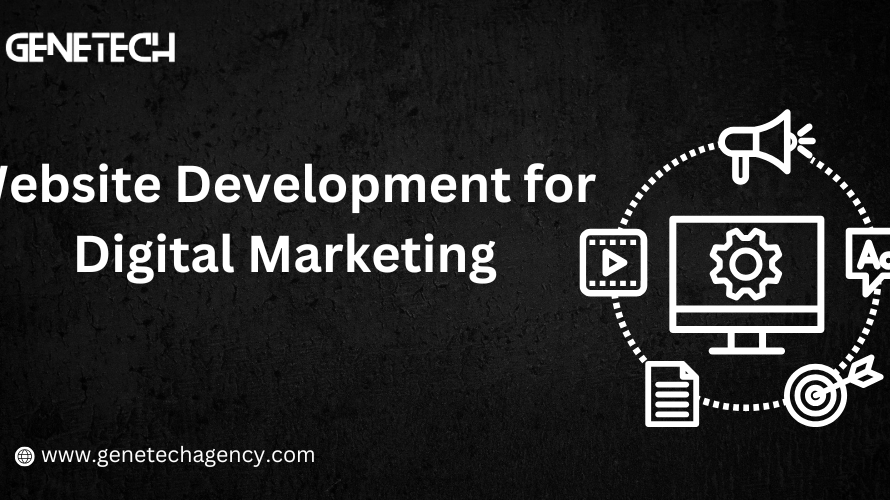In the ever-evolving landscape of digital marketing, businesses continually seek effective strategies to engage their audiences and drive conversions. Among the myriad of digital marketing tools available, email marketing stands out as a powerful channel that combines cost-effectiveness with a direct line to customers. Here, we’ll delve into the benefits of using email marketing and why it remains a cornerstone of successful digital marketing strategies.
1. Cost-Effective Communication
One of the most significant advantages of email marketing is its cost-effectiveness. Compared to traditional marketing channels like print or TV advertising, email marketing allows businesses to reach a large audience without incurring substantial costs. There are no printing costs, and sending emails incurs minimal expenses, especially when using email marketing platforms that offer tiered pricing based on the number of subscribers.
This affordability makes email marketing accessible to businesses of all sizes, from startups to large corporations. By allocating a fraction of their marketing budget to email campaigns, companies can see impressive returns on investment (ROI).
2. High ROI
Speaking of ROI, email marketing consistently delivers one of the highest returns on investment among digital marketing strategies. According to various studies, businesses can expect an average ROI of $42 for every dollar spent on email marketing. This impressive figure is attributed to the ability to directly reach potential customers and nurture relationships over time.
Effective email marketing campaigns can convert leads into loyal customers, driving sales and ultimately contributing to the bottom line. With the right strategy, including personalized content and targeted segmentation, businesses can maximize their ROI even further.
3. Direct Communication with Target Audience
Email marketing provides a unique advantage: direct communication with your target audience. Unlike social media or other digital platforms where algorithms dictate visibility, email allows businesses to communicate directly with their subscribers. This direct line fosters stronger relationships and encourages more meaningful interactions.
By sending tailored messages that cater to the preferences and behaviors of subscribers, businesses can create personalized experiences. When customers feel valued and understood, they are more likely to engage with your brand, whether by making a purchase or sharing your content.
4. Segmentation and Targeting
Segmentation is one of the key strengths of email marketing. Instead of sending a one-size-fits-all message, businesses can segment their email lists based on various factors, such as demographics, purchase history, or engagement levels. This targeted approach allows for more relevant content delivery, increasing the likelihood of conversion.
For example, a retailer might segment its list to send different promotions to first-time buyers compared to loyal customers. By tailoring the message to the audience, businesses can improve open rates, click-through rates, and ultimately conversions.
5. Measurable Results
Email marketing offers robust analytics that allows businesses to track the performance of their campaigns. Metrics such as open rates, click-through rates, and conversion rates provide valuable insights into how well your emails resonate with your audience. This data-driven approach enables marketers to adjust their strategies based on real-time feedback.
For instance, if a particular subject line generates higher open rates, marketers can analyze and replicate that success in future campaigns. The ability to measure results not only enhances campaign effectiveness but also informs broader marketing strategies.
6. Automation Capabilities
Email marketing platforms often come equipped with automation features that can save time and streamline processes. Automated workflows allow businesses to send targeted messages based on user behavior, such as welcome emails for new subscribers or reminders for abandoned carts.
Automation ensures that the right message reaches the right person at the right time, enhancing the customer experience and driving higher engagement. For busy marketers, these automated processes can free up time to focus on strategy and creative content.
7. Strengthening Customer Loyalty
Building and maintaining customer loyalty is crucial for long-term success, and email marketing plays a vital role in this process. Regularly engaging with your audience through newsletters, exclusive offers, or personalized content keeps your brand top-of-mind.
Loyal customers are more likely to make repeat purchases and recommend your brand to others. By nurturing these relationships through consistent communication, businesses can foster a community around their brand, encouraging customer retention.
8. Enhancing Brand Awareness
Email marketing is also a powerful tool for enhancing brand awareness. Every time a subscriber opens an email, they engage with your brand, increasing familiarity and recognition. By consistently delivering valuable content, businesses can position themselves as industry leaders and trusted sources.
Brand awareness is crucial, especially in competitive markets. A well-crafted email campaign can help differentiate your brand and showcase your unique value proposition, making it easier for consumers to choose your products or services over competitors.
9. Versatility in Content
Another benefit of email marketing is its versatility. Businesses can use email to share a variety of content types, including promotional offers, blog posts, event announcements, customer testimonials, and more. This flexibility allows marketers to engage their audience in different ways, catering to various preferences.
For example, a business might send a promotional email highlighting a sale, followed by a newsletter featuring educational content or customer success stories. This diverse approach keeps content fresh and engaging, encouraging subscribers to look forward to your emails.
10. Building a Community
Lastly, email marketing can help build a sense of community among subscribers. By encouraging feedback, asking for opinions, and promoting user-generated content, businesses can foster an interactive environment where customers feel connected to the brand and each other.
Engaging with your audience through surveys or interactive content not only enhances relationships but also provides valuable insights that can inform future marketing strategies.



